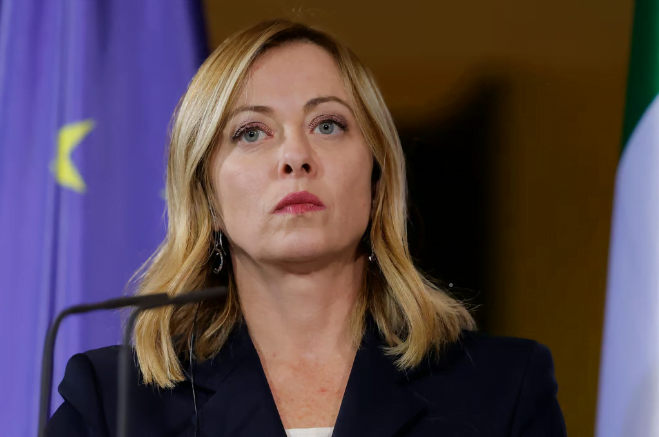Navigating the Depths of Deepfake Pornography: Understanding the Legal Landscape
In a landmark legal battle, Italian Prime Minister Giorgia Meloni finds herself at the forefront of combating a disturbing trend: deepfake pornography. An Italian court has summoned Meloni to testify in July in a civil lawsuit against two individuals accused of creating and disseminating deepfake pornographic videos featuring her likeness. These videos, uploaded to an American pornographic website in 2020, garnered millions of views, sparking outrage and concern.
Meloni, seeking justice and recompense for the violation of her dignity, aims to set a precedent with her case. She is demanding compensation, albeit symbolically, amounting to €100,000 in damages, intending to donate the funds to support victims of domestic violence—a poignant gesture highlighting the broader societal impact of such malicious acts.
This legal pursuit isn’t merely about seeking restitution for a personal affront; it’s a symbolic stand against the abuse of power and the exploitation of women. Meloni’s lawyer emphasizes the importance of empowering victims to come forward and confront perpetrators of such reprehensible actions,Giorgia Meloni’s sends a resounding message that such behavior will not be tolerated.
Deepfake technology, while undeniably sophisticated and versatile, poses significant challenges to societal norms and individual rights. These digitally manipulated images and videos blur the lines between reality and fiction, fueling concerns about political disinformation and online sexual harassment. As such, the need for robust regulation becomes imperative.
Italy’s forthcoming legislation to regulate artificial intelligence (AI) underscores the urgency of addressing the deepfake phenomenon Giorgia Meloni’s. Following the European Union’s lead with the landmark AI Act, Europe is taking decisive steps to curb the proliferation of deepfakes. While not explicitly illegal under current EU regulations, deepfake content creators must adhere to transparency guidelines, and major tech platforms face increased scrutiny in identifying AI-generated content.
As the legal battle unfolds and legislative efforts intensify, Giorgia Meloni’s stance against deepfake pornography serves as a rallying cry for dignity, integrity, and accountability in the digital age. It’s a reminder that while technology may evolve, the fundamental principles of respect and decency must remain steadfast.
In conclusion, Meloni’s courageous stand illuminates Giorgia Meloni’s the broader societal implications of deepfake pornography and underscores the imperative for proactive regulatory measures. Let her battle be a catalyst for change—a beacon of hope in safeguarding the dignity and rights of individuals against the insidious threat of digital manipulation.
